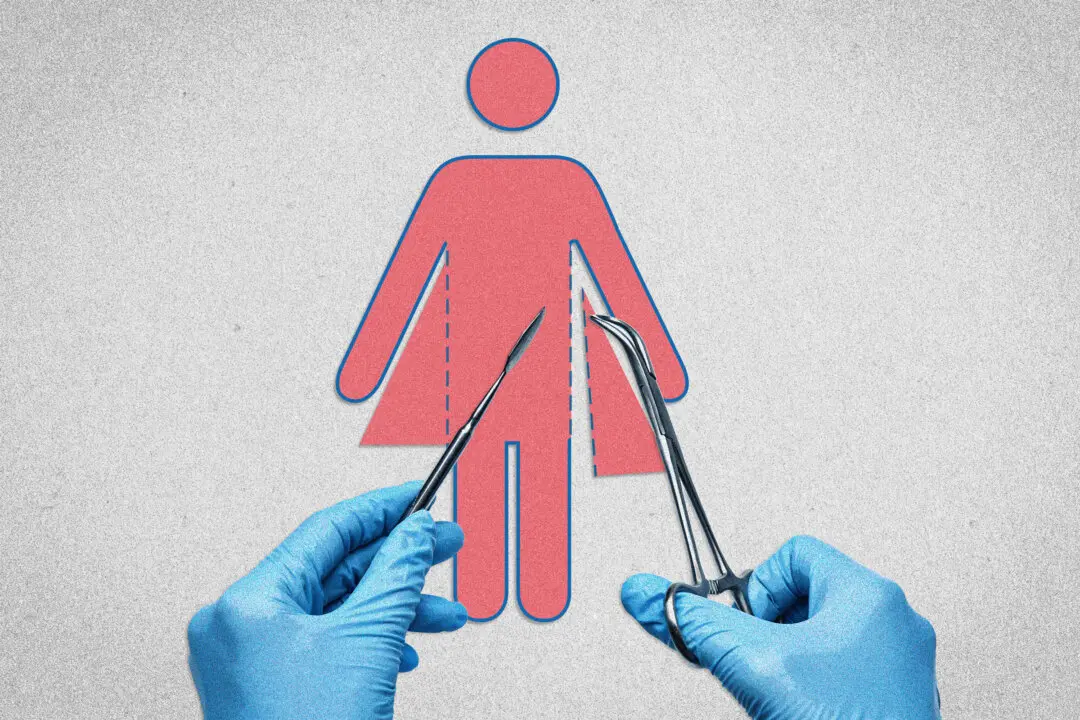Sen. Minority Leader Chuck Schumer (D-N.Y.) on Feb. 10 unveiled a four-point plan to oppose sweeping changes implemented by President Donald Trump during his second term in office.
“This coordinated assault is not what most Americans and our constituents voted for in November,” his “dear colleague” letter reads.





